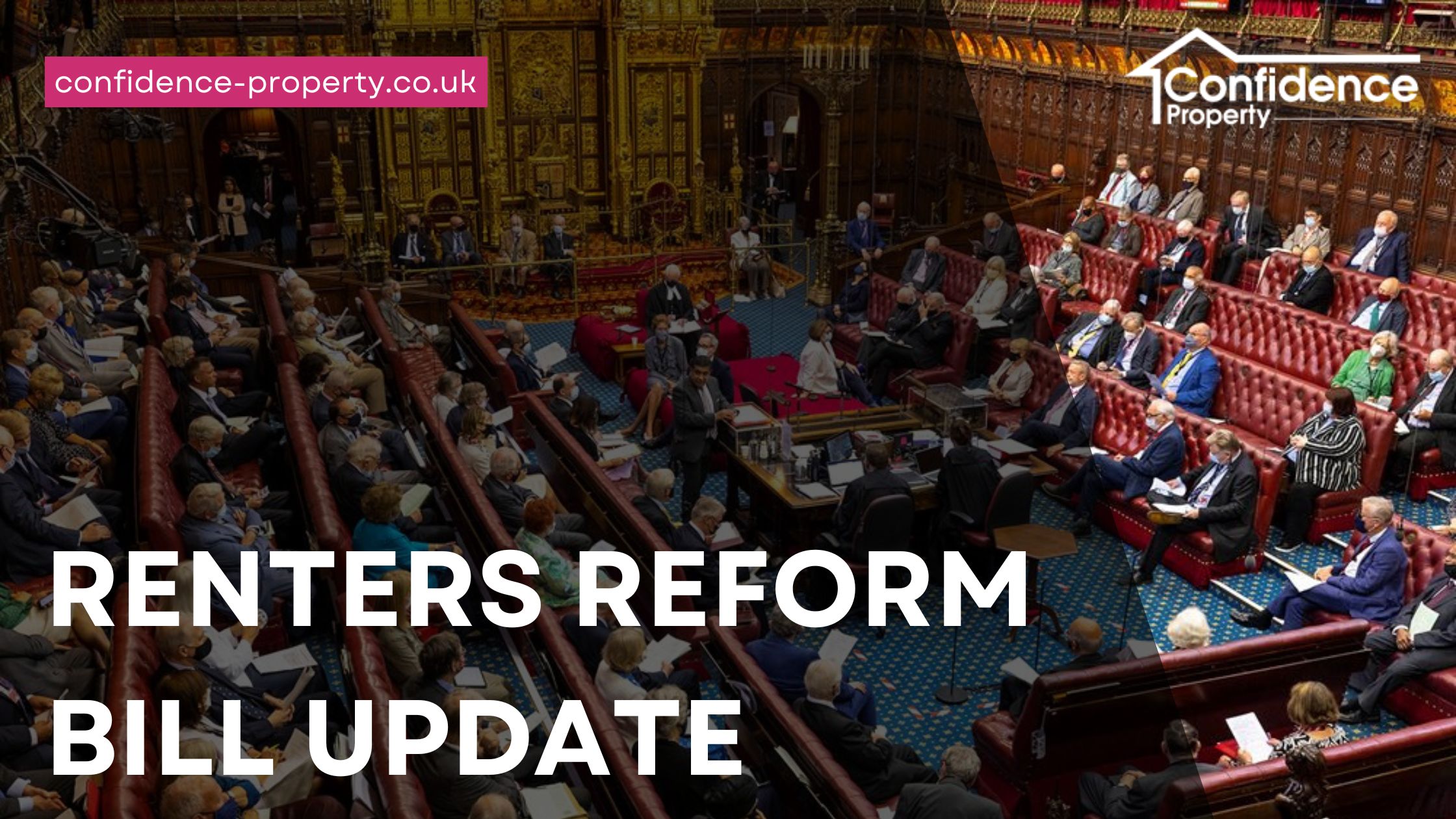As an HMO landlord, you’re likely aware of the Renters Reform Bill but may need a refresher on its details and the latest developments. Recently, the bill has seen significant political maneuvering, especially with the announcement last week of the upcoming general election on the 24th of July, adding another layer of complexity to its progression.
Key Provisions of the Renters Reform Bill
1. Abolition of Section 21: One of the most pivotal elements of the Renters Reform Bill is the abolition of Section 21, commonly known as “no-fault evictions”. This provision currently allows landlords to evict tenants without providing a reason. The bill proposes that evictions must now follow Section 8, which requires specific grounds such as rent arrears or breaches of tenancy agreements. While this aims to offer greater security to tenants, landlords fear it could lead to prolonged eviction processes and potential financial losses if tenants default during disputes.
2. Elimination of Fixed-Term Tenancies: The bill also proposes eliminating fixed-term tenancies in favor of more flexible, open-ended tenancies. This change is intended to provide tenants with more stability, but it may complicate rental term management for landlords. Indefinite tenancies mean that tenancies continue until either the tenant or landlord ends them with valid grounds, necessitating adjustments in long-term financial planning for landlords.
3. Right to Request Pets: Tenants would gain the right to request keeping pets in their rented homes, which landlords must consider reasonably. While this provision aims to make renting more accommodating for pet owners, it adds complexity for landlords who must balance this with maintaining property standards and managing increased maintenance costs.
4. Additional Provisions:
- Property Portal and Ombudsman: Introduction of a new Property Portal and a Private Rented Sector Ombudsman to ensure compliance and resolve disputes.
- Rent Review Clauses: Banning rent review clauses, meaning landlords must only use Section 13 notices to increase rents.
- Decent Homes Standard: Applying the Decent Homes Standard to the private rental sector to ensure all rented homes meet a minimum quality. As HMOs are already subject to strict licensing standards, this shouldn’t be a cause for concern.
Legislative Progress and Political Context
1. Legislative Progress: The Renters Reform Bill has navigated various stages of legislative scrutiny since its introduction in May 2023. It passed its third reading and moved to the House of Lords by May 2024. Despite these advancements, the bill faces significant delays and political hurdles, with its passage into law expected to be deferred until late 2024.
2. Current Status in the Lords: The Bill has passed its second reading in the House of Lords, where members debated its key provisions and suggested amendments. The next stage is the Committee stage, which involves detailed, line-by-line examination and potential amendments to the Bill.
3. Political Landscape: Recently, the bill has encountered substantial political resistance. Conservative MPs, influenced by landlord groups, have pushed for amendments that some campaigners argue have watered down the bill’s original intent. The latest setback came when the bill was excluded from the “wash-up” list of legislation to be rushed through Parliament before the upcoming general election, causing significant controversy and disappointment among tenant advocacy groups.
Implications for Landlords
1. Documentation and Compliance: With the abolition of Section 21, landlords will need to ensure robust tenancy agreements and thorough documentation to comply with Section 8 requirements. This necessitates a more proactive approach to property management, including regular inspections and prompt resolution of tenant issues to avoid potential conflicts leading to evictions.
2. Financial Planning: Indefinite tenancies will require landlords to adjust their financial planning strategies. While this could attract a more diverse tenant base, it introduces uncertainties regarding tenancy durations and turnover rates. Landlords must prepare for longer-term commitments and the potential complications in ending tenancies, impacting rental income stability.
3. Maintenance and Pets: The new right for tenants to request pets will necessitate changes in tenancy agreements and might lead to increased maintenance costs. Landlords will need to balance accommodating pet-owning tenants with maintaining property standards, possibly revising agreements to include clauses about pet-related responsibilities and deposits for additional cleaning or repairs.
Recent Developments and Reactions
The bill’s recent shelving has sparked outrage among tenant advocacy groups and political opposition. Campaigners and charities like Shelter have accused the government of bowing to landlord lobbyists, compromising the bill’s effectiveness in providing security and fairness to renters. The delay has heightened concerns about rising eviction rates and homelessness, with official figures showing a significant increase in no-fault evictions.
Labour and Liberal Democrats have criticized the Conservative government for failing to fulfill their promise to end no-fault evictions, suggesting that if the bill is not passed before the election, it might be further delayed or altered under future political administrations.
Summary
Whether we like it or not, The Renters Reform Bill is coming in although whether it achieves its objective to make renting fairer for all is highly debateable. The bill’s future remains uncertain, especially with the general election set for July 4, 2024. The Bill is currently at the Committee stage in the House of Lords, where it will undergo detailed examination and potential amendments. This process is time-consuming and could extend over several months.
If the current government fails to pass the Bill before the election, a change in administration could result in further delays or significant alterations to the proposed legislation. Many landlords prefer the bill to pass under the current Conservative government rather than risk a Labour government implementing even stricter regulations, including potential rent control measures.
Worried about compliance? At Confidence Property, we’re always keeping up to date with the latest developments, standards, and legislation. If we can help in any way, book a call with us here.








